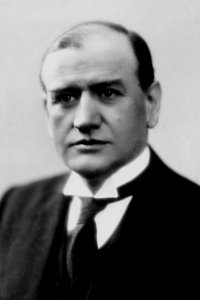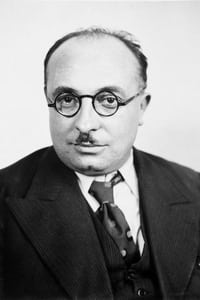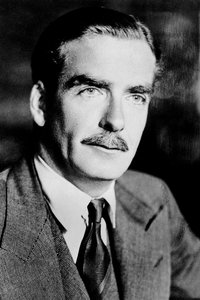Munich, or Peace in Our Time
Genres
Documentary
OverView
September 28, 1938, war is about to break out. Tension was mounting, as Chamberlain and Daladier on one side, and Hitler and Mussolini on the other, met in Munich. This conference marked the culmination of the weakness of European democracies in the face of the rise of fascism. Through period documents and interviews, author Marcel Ophüls recounts this meeting and recreates the European climate of 1938.
Others
Budget
$--
Revenue
$--
Status
Released
Original Language
French
Runtime
172 mins
Rating
0/10
Release Date
03 September 1967
Country




